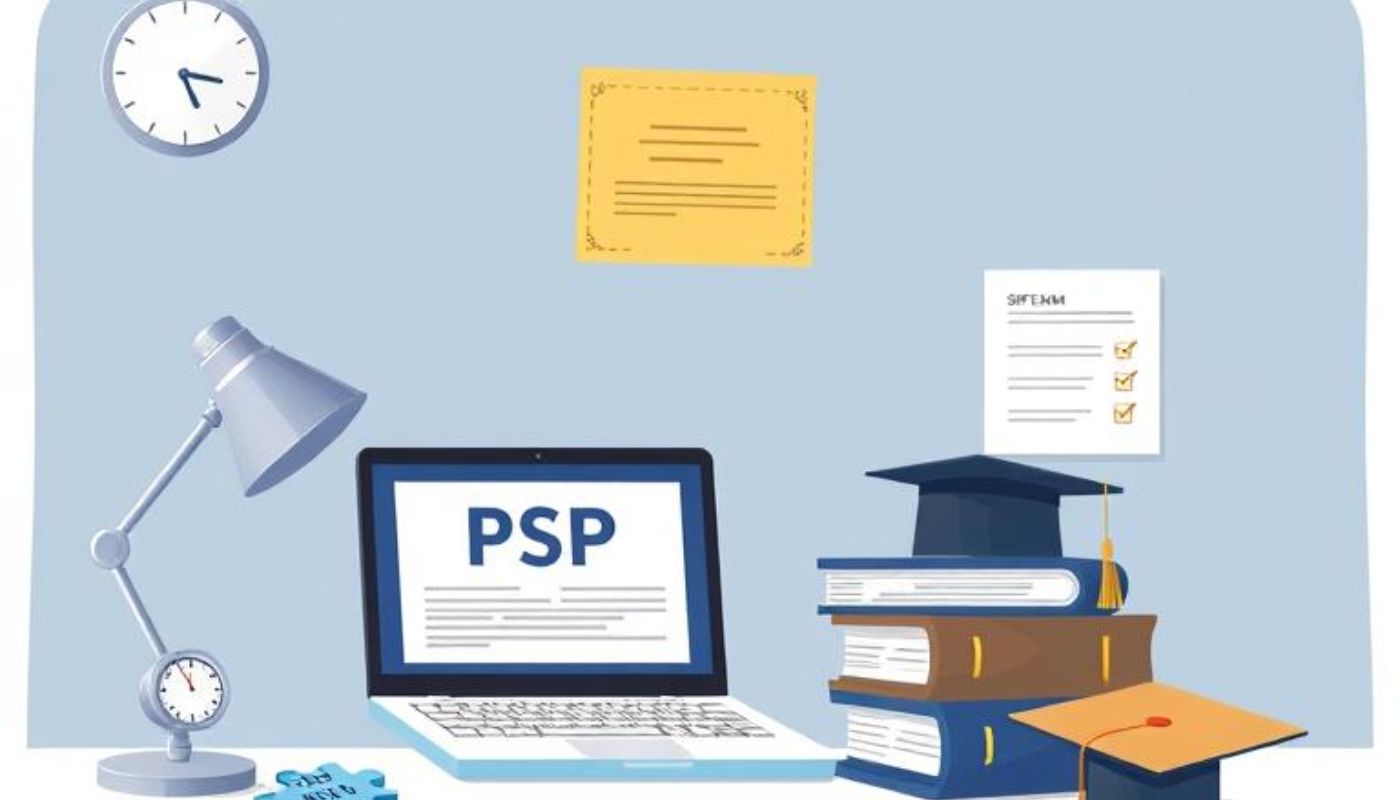Prepare for the PSP certification exam with our comprehensive guide. Discover study tips, exam details, and expert-recommended resources to ace the test!
The Planning & Scheduling Professional (PSP) certification, offered by the Project Management Institute (PMI), is a globally recognized credential for professionals specializing in project planning and scheduling. Whether you're a project manager, scheduler, or engineer, earning the PSP certification validates your expertise in creating, managing, and analyzing project schedules—a skill set highly sought after in industries like construction, engineering, and IT.
In this guide, we’ll break down everything you need to know about the PSP certification exam, including eligibility criteria, exam structure, study strategies, and top resources like the PSP Certification Exam Guide to ensure your success.
Why Earn the PSP Certification?
Before diving into exam prep, let’s explore why the PSP certification is worth your time:
- Career Advancement: PSP-certified professionals often secure higher-paying roles and leadership positions.
- Industry Recognition: The credential demonstrates mastery of scheduling best practices, boosting credibility with employers.
- Skill Enhancement: The exam process deepens your understanding of critical path method (CPM), resource allocation, and risk management.
- Global Opportunities: PMI certifications are respected worldwide, opening doors to international projects.
PSP Exam Overview: What to Expect
Eligibility Requirements
To apply for the PSP exam, you must meet one of these criteria:
- A bachelor’s degree + 1 year of scheduling experience (or 42 hours of scheduling education).
- An associate’s degree + 2 years of scheduling experience (or 42 hours of scheduling education).
- A high school diploma + 4 years of scheduling experience (or 42 hours of scheduling education).
Exam Format
- Duration: 3.5 hours
- Questions: 170 multiple-choice questions (20 unscored pretest questions).
- Topics Covered:
- Schedule Strategy (20%)
- Schedule Planning & Development (50%)
- Schedule Monitoring & Control (30%)
Passing Score: While PMI doesn’t publish exact figures, aim for a score of 70% or higher.
How to Prepare for the PSP Exam
Step 1: Understand the Exam Content Outline
Review PMI’s PSP Exam Content Outline to identify key areas like:
- Schedule modeling techniques.
- Resource management and optimization.
- Schedule risk analysis.
Step 2: Create a Study Plan
- Dedicate Time: Allocate 6–8 weeks for preparation, studying 10–15 hours weekly.
- Break Down Topics: Focus on weaker areas first (e.g., risk management or CPM calculations).
Step 3: Use High-Quality Study Materials
- Official PMI Resources: The Practice Standard for Scheduling is essential.
- PSP Certification Exam Guide: For structured study plans and practice questions, leverage the PSP Certification Exam Guide. This guide offers insights into question patterns, time management strategies, and expert tips.
- Online Courses: Platforms like Udemy or Coursera provide video tutorials on complex topics.
Step 4: Practice with Mock Exams
Simulate exam conditions using practice tests to:
- Improve time management.
- Identify knowledge gaps.
- Build confidence.
Step 5: Join Study Groups
Engage with online forums (e.g., Reddit’s r/projectmanagement) or LinkedIn groups to exchange tips and clarify doubts.
Top 5 Tips to Ace the PSP Exam
- Master CPM Calculations: Practice critical path method problems until you can solve them quickly.
- Focus on Scenario-Based Questions: Many questions test real-world application, not just theory.
- Manage Your Time: Skip tough questions initially and return to them later.
- Review PMI Terminology: Ensure you understand terms like “baseline schedule” or “float.”
- Stay Calm: Anxiety can cloud judgment—practice mindfulness techniques before the exam.
Recommended Resources for PSP Exam Success
While self-study is crucial, the right resources make all the difference:
- Books:
- A Guide to the Project Management Body of Knowledge (PMBOK® Guide).
- Practice Standard for Scheduling (PMI).
- Online Tools:
- PSP Certification Exam Guide: This comprehensive guide simplifies complex topics and offers sample questions mirroring the actual exam.
- PMI’s PSP Practice Exam.
- Workshops: Attend PMI chapter events or webinars for hands-on learning.
Common Mistakes to Avoid
- Ignoring Practice Tests: Familiarity with the exam format is key.
- Overlooking Time Management: Pace yourself to answer all questions.
- Memorizing Instead of Understanding: Focus on concepts, not rote learning.
FAQs About the PSP Certification Exam
Q: How much does the PSP exam cost?
A: PMI members pay 520;non−memberspay520;non−memberspay670.
Q: How long is the PSP certification valid?
A: It requires 30 professional development units (PDUs) every 3 years for renewal.
Q: Can I retake the exam if I fail?
A: Yes, but you’ll pay a reduced fee and must wait 1 year to apply again.
Q: Is work experience mandatory?
A: Yes—ensure you meet PMI’s eligibility criteria before applying.
Conclusion: Start Your PSP Journey Today
Earning the PSP certification is a game-changer for your career, but success demands strategic preparation. By understanding the exam structure, dedicating time to study, and using trusted resources like the PSP Certification Exam Guide, you’ll be well-equipped to pass on your first attempt.
Ready to take the next step? Visit the link above to access expert-curated study materials and begin your journey to becoming a certified Planning & Scheduling Professional!

